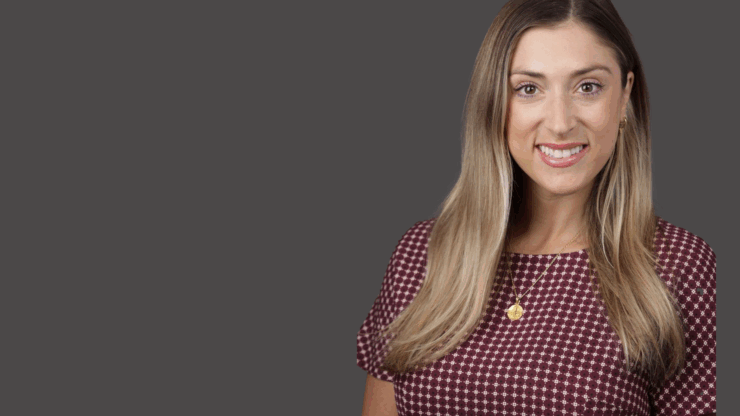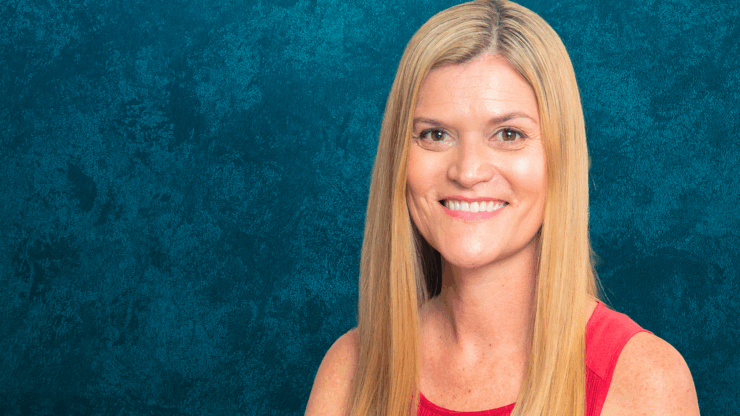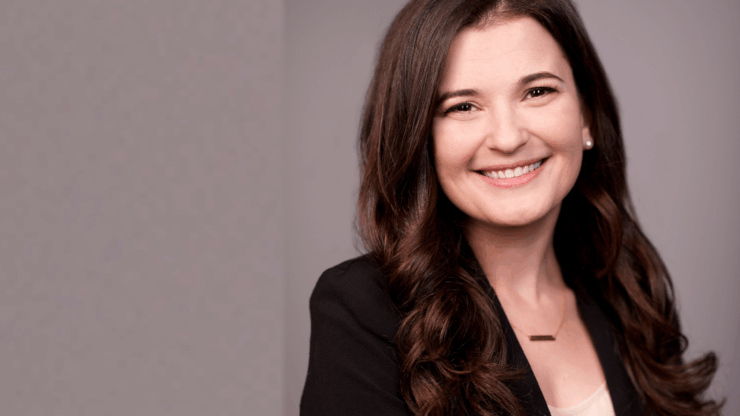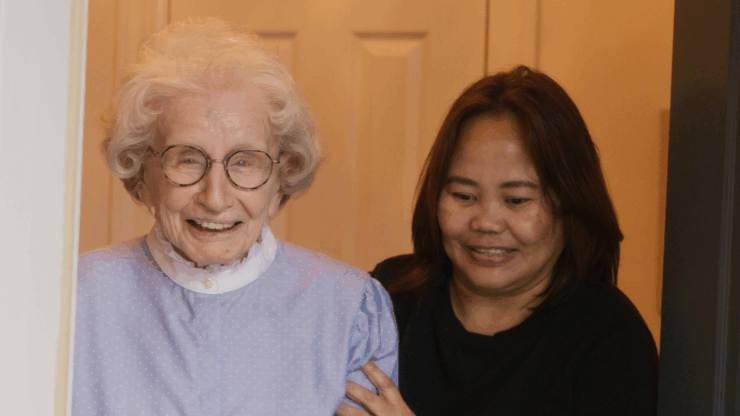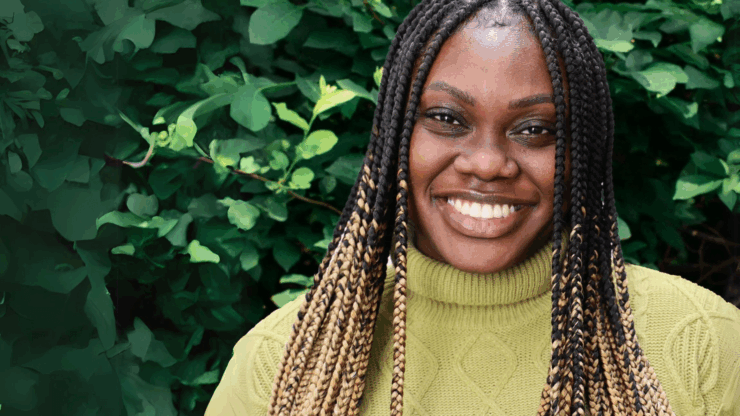
Ask The Expert: Interview with Dwiann Morgan
In honor of National Nurses Week, we spoke with Dwiann Morgan, Director of Patient Services at LifeWorx about her experiences, perspectives, and insights into in-home elder care. Her dedication to providing compassionate and personalized care shines through in this interview.
Q: As Director of Patient Services at LifeWorx, what does your role entail, especially concerning elder care?
A: As the Director of Patient Services, I work with the healthcare side of LifeWorx. This usually involves clients that need a bit more care, usually with home health aides. I am in charge of the home health aides and managing what they’re doing. And then of course, I work closely with the clients to make sure that their plan of care is what they need, and it is being done properly through LifeWorx.
Q: Can you talk about strategies you use to encourage effective communication between healthcare professionals, clients, and their families in the care setting?
A: I’m definitely very open when it comes to communication. A lot of our clients have my work phone number and my cell phone number so they can call me whenever they need. I think that really opens the communication for the aide. If something is happening at two o’clock in the morning and they need my assistance, I’m able to do that. If a client doesn’t have services right now and can’t get in contact between our 9:00 to 5:00, they always have my number to call or text as needed.
That’s open to family as well. That’s why I like going into the home and meeting everybody at once so that they are comfortable. The clients have me as a backup just in case they can’t reach their family members who are in other places.
Q: Do you feel these contribute to better patient outcomes?
A: Definitely! I believe that they like the personalization. That means that because they can reach out at any time, they trust us, and they trust that if I’m sending somebody else to the home they can trust that person as well. A lot of the time if a client passes away, I’m getting invited to the funerals. I reach out because sometimes, they push care to other family members because they trust that LifeWorx has a good team that will take care of the family always. Even though a lot of our clients unfortunately have passed away, I’m still in contact with their families because they come back to us for other family members’ care.
Q: How do you tailor care plans at LifeWorx to address the unique needs and challenges commonly faced by clients?
A: Sometimes it’s funny because I forget I’m a nurse. When I go into the home, I’m doing a nursing assessment and even though that assessment is a health record, I like to have a conversation with them to try to understand the whole person.
The nursing assessment determines the plan of care. When you’re going into the home, you’re looking into the environment, you’re looking into what they can and can’t do. You’re looking into the HHA that’s in the home, what they’re an expert at, and then that ties into how you create the plan of care. And that’s why it’s so individualized to each client. It’s really important that when you’re going into that home and you’re doing those assessments that you’re making sure you get the whole picture so that even when you’re not there, everything is going smoothly.
Q: What advice do you have for families that are at the beginning stages of seeking elder care services for their loved ones?
A: I would say getting an overall assessment. Even if you’re not planning to do anything in the next few months, getting an overall assessment determines what’s needed for that client. I know that a lot of our clients love to be independent. Sometimes the family members are pushing an aide, but they’re pushing 12 hours. Sometimes they just need somebody to come to the house, about 2 to 3 hours every other day just to make sure they’re okay. They’re making sure their laundry is done and that eases them into being more comfortable with a stranger in the house that’s not your family member.
Even recently, my grandfather, he is like that. He was very stubborn. He had dementia and he needed an aide as well, but it was very hard for him to let go. So, what we would do was one of us would go into the house, and then we would go for 2 hours, and then we start transitioning to the aide. As people are getting older, they have to accept that they’re not as independent anymore. We must be very conscious of that. You need to be more understanding that somebody is getting old, and you don’t want everybody doing something for you, but eventually, it has to happen.
Q: Do you think that support, understanding, and compassion are integral to nursing and patient care as a whole?
A: It has to be. Especially with the age group that we help. That’s why our recruiters are so great because when they’re having those conversations, they can understand.
Can you speak to clients? How do you care for clients? What is your overall demeanor? That’s very important before going into the home because even though this is a job, you’re a stranger in somebody’s house that they have lived in for years. So, you have to understand that, and you have to be compassionate. You can’t go around and start pushing things. You need make sure that they know that they’re in charge and that makes them feel comfortable to allow you in their house at all.
Q: In honor of National Nurses Week, could you share a memorable experience from your nursing career that has shaped your approach to client care?
A: That is interesting. Let’s see. I will say, I come from a long line of nurses, CNAs, and HHAs. Very early on, in the summertime, my mom used to have us volunteer at her hospital. That’s when I finally got into understanding good patient care. Even though we weren’t doing actual patient care, we were helping with rehabs. When they would go to dinner, we would help feed them. I had a patient at the start of summer, she was doing really well. I used to feed her every day. And then one day I came in and she was not there. So, I’m talking to my mom, asking “Where is my favorite lady?”
Unfortunately, she had passed away. That was really where I understood the importance of having that separation, but still caring for the client. She was asking for me before she passed away because I would always feed her and things like that. Even though it was my first heartbreak in patient care, I realized “okay, you are an important person in this person’s life,” you know? That taught me to have compassion for clients because you are all they have. I think I was about 16 when that happened and then by 21, I was a nurse. So, I was like, I have to do this!
Stay tuned for our article next month as part of our Ask The Expert series!
